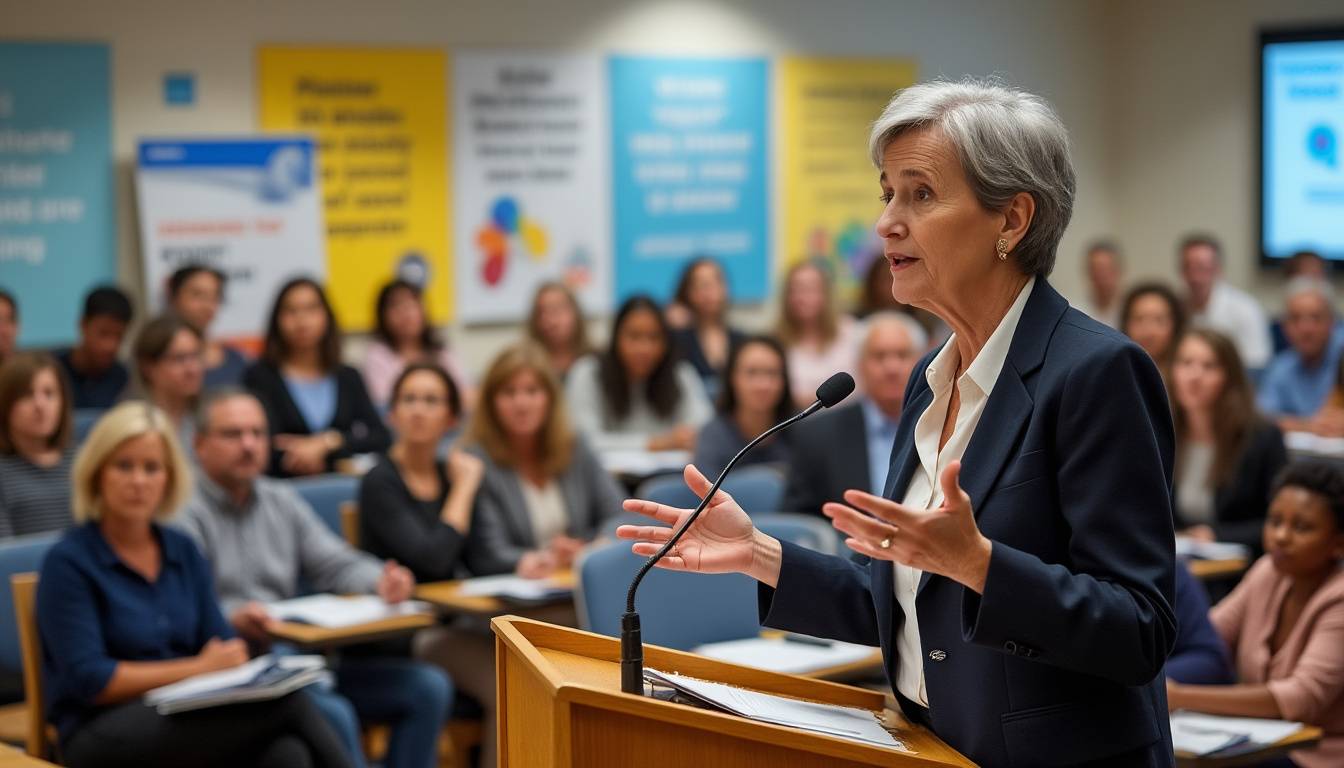Baroness Anne Longfield, former Children’s Commissioner for England, has urged the government to issue a formal apology to children for the “avoidable mistakes” made during the COVID-19 pandemic. Speaking to the UK Covid Inquiry, she highlighted how children’s rights and welfare were overlooked in pandemic policy oversight, with adults prioritized as pubs and shops reopened before schools. This public health response, she argued, demonstrated significant lapses in government accountability and crisis management, resulting in lasting damage to education and child wellbeing.
Accountability Demands for Government COVID-19 Mistakes Affecting Children
The impact of COVID-19 policy decisions on child welfare has triggered calls for transparent acknowledgment of errors. Baroness Longfield pointed out several critical issues:
- Delayed school reopening: Schools were closed while pubs and retail establishments reopened, signaling a misaligned priority in crisis management.
- Lack of clear leadership: The responsibility for children’s pandemic planning was ambiguous, reflecting policy transparency deficits.
- Conflicting department communications: The Department for Education and Public Health England initially clashed over school reopening guidelines, limiting timely action.
- Low attendance among vulnerable children: Despite allowances, only 5% of vulnerable students attended school during lockdown, influenced by confusing government messaging.
- Insufficient use of preparation time: The government failed to capitalize on summer 2020 to prepare effectively for potential subsequent lockdowns.
These points underscore a broader failure in leadership responsibility that ultimately marginalized children during the crisis. For those interested in broader educational challenges, see our coverage on education ministry autism setbacks and EHC plans for special needs students.
How Pandemic Policy Oversight Compromised Children’s Rights and Education
Baroness Longfield described the early response as “quite chaotic,” denying children their rightful consideration within the public health response:
- Children were effectively “at the back of the queue,” with decision-makers failing to integrate children’s rights into core pandemic policies.
- Mixed messaging, such as the “stay at home” directive, unintentionally discouraged vulnerable children from attending school, impacting healthcare for children in need.
- The government’s “well-intentioned” measures ended up feeling punitive to families, highlighting poor communication strategies.
- The inquiry also exposed a systemic shock to child mental health, with a sharp rise in mental health conditions and eating disorders among young people.
This failure not only delayed the reopening of schools but also exacerbated inequalities among disadvantaged children, a factor linked to rising youth violence and knife crime following lockdowns. For insights on safeguarding education during crisis periods, explore our detailed analysis on safeguarding education crisis.
Government Accountability and Leadership Responsibility in Crisis Management
The inquiry will further assess the tension between former Education Secretary Gavin Williamson and then-Prime Minister Boris Johnson regarding school closures in January 2021. Baroness Longfield emphasized that with better planning and cross-sector collaboration, some school closures would have been avoidable:
- Unresolved conflicts between departments slowed decision-making.
- Failure to utilize the interceding months for proactive pandemic preparation aggravated closures’ impact.
- Leadership responsibility includes transparent communication and prioritizing children’s needs during crisis.
- Children’s voices and wellbeing must be central to future healthcare strategies and pandemic policies.
Understanding these leadership dynamics is crucial especially after witnessing the disparities in how different sectors were treated. More on education leadership and reform is available in our feature on Montessori education innovators and the challenges surrounding Hasidic education failures.
Long-Term Implications for Child Welfare and Public Health Policy
The COVID-19 pandemic’s effect on children transcends immediate health concerns, touching educational outcomes and mental wellbeing. Following points summarize long-term challenges identified:
- Mental health deterioration: Increased prevalence of anxiety, eating disorders, and other conditions among youth persists post-pandemic.
- Education disruption: Interrupted learning has disproportionately affected disadvantaged groups, elevating risks of poverty and social exclusion.
- Surge in youth violence: Evidence links lockdown policies to increased knife crime and school violence, compounding child welfare concerns.
- Necessity for policy reform: Transparent, child-centered pandemic protocols are essential to avoid repeating these mistakes.
Efforts to address these issues must integrate insights on education, health, and social policy sectors. For further details on children’s health impacts due to environmental factors, browse our guide on heat waves and child health. Additionally, the risks of politicized education are explored in reports on Russian indoctrination of Ukrainian children and Ukrainian abducted youth indoctrination.


